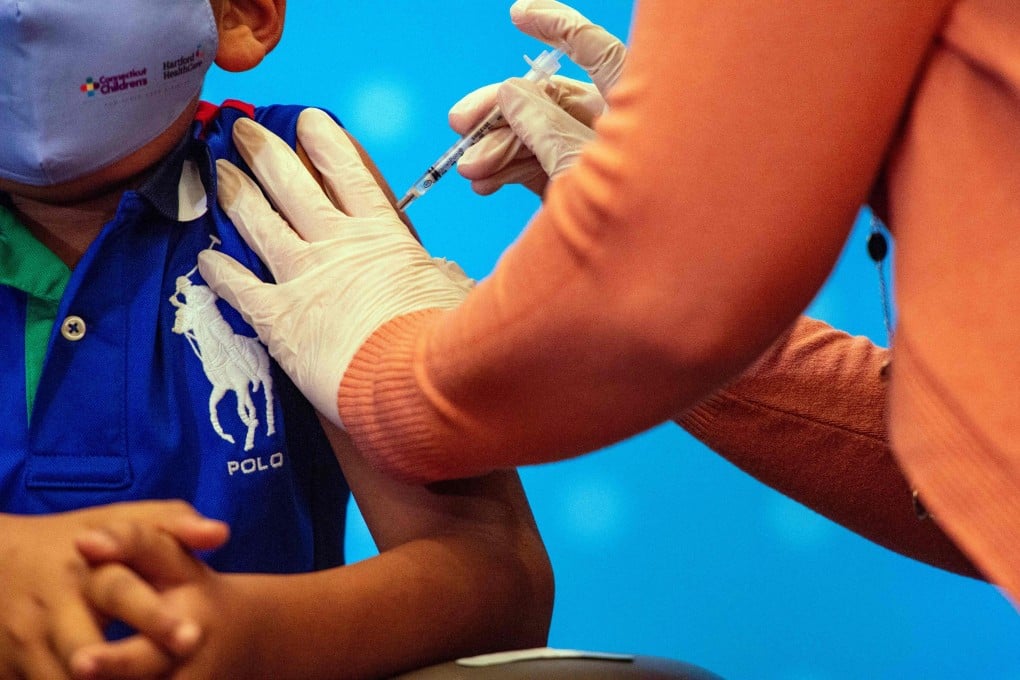Letters | Covid-19 vaccines for children: what happens if divorced parents don’t agree?
- Parents with joint custody must reach a consensus before the child is taken to receive a vaccine
- Even a parent with sole custody should consult the other parent, where possible, before such a major decision is taken

This situation could be further complicated by separating or divorced parents who do not share the same view on vaccination. Where parents are separated or divorced, there will normally be an order for custody, care and control of their children which regulates who has custody of the children and their day-to-day care.
“Custody” means the ability to make the major decisions in a child’s life, such as which school the child attends, and health and religious issues. The more common order made by the court is joint custody, which recognises that children benefit from the involvement of both parents and that they should make important decisions on behalf of their children together wherever possible.
This means parents with joint custody will have to reach a consensus on vaccination before either of them can take their child to be vaccinated.
However, while theoretically, a parent with sole custody is able to make decisions on his or her own, it is a misconception that the parent with sole custody can go ahead and make all important decisions for the child without any reference to the other parent.
Although the parent with sole custody may have the ability to execute those decisions, she or he must always consult the other parent, where possible. Should a parent who has been granted sole custody act unilaterally, the parent without custody can make an application to the court to be heard.